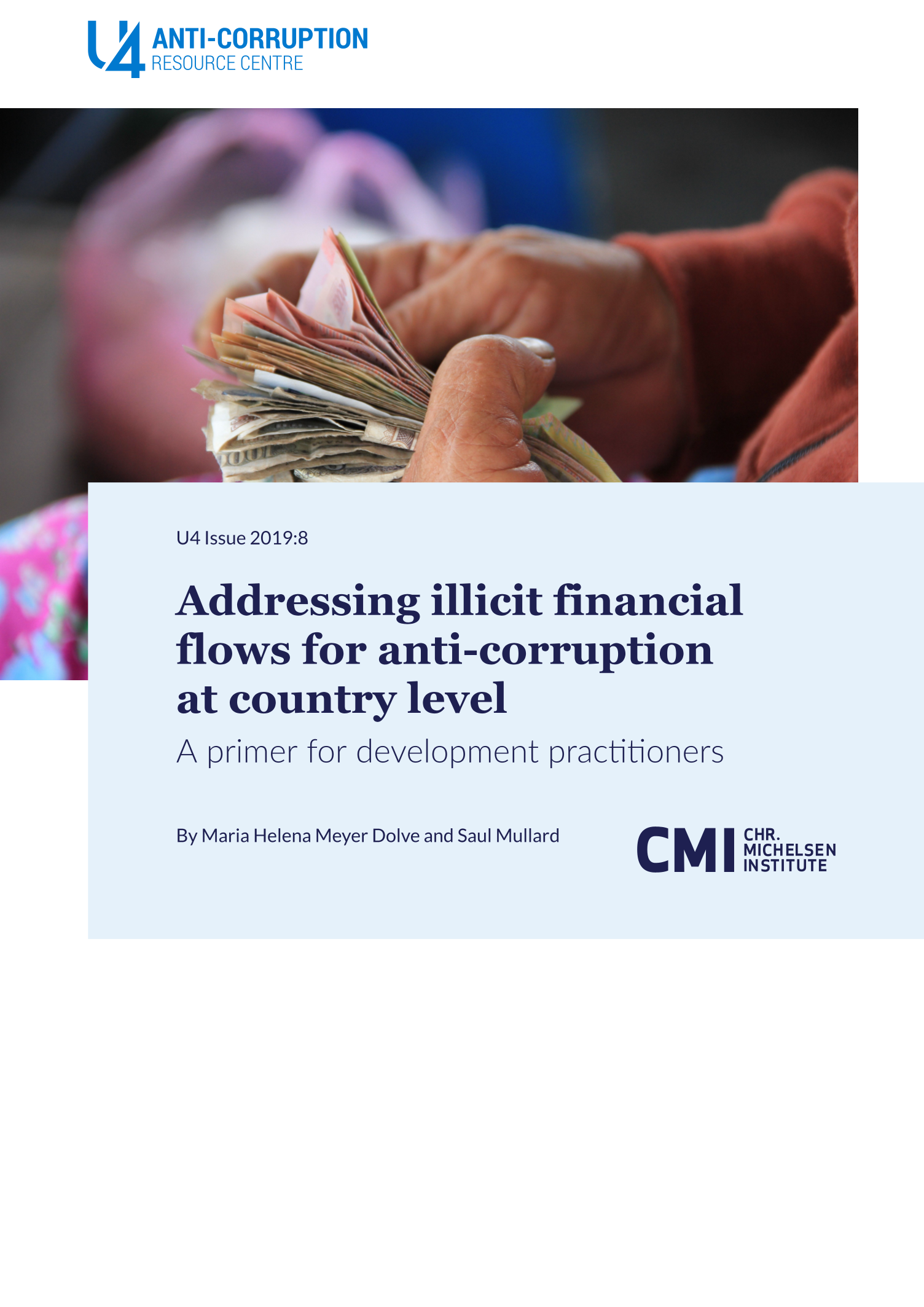Main points
- IFFs have devastating consequences for developing countries as a vast volume of wealth is lost every year that could be used to fund sustainable development and provide public services.
- As well as significantly reducing IFFs, strengthening the rule of law and prosecuting offenders could increase citizens’ trust in state institutions and contribute to stability.
- Standard estimate methodologies cannot be relied upon to determine the true scale of IFFs; however, there is widespread agreement that it is huge and IFFs pose a major obstacle to development.
- The possibility of moving capital illicitly makes it easier to engage in corruption; yet many features of the global financial system facilitate IFFs.
- Measures to tackle IFFs differ depending on the country and the underlying activity, making it difficult for development practitioners to address the problem of IFFs in partner countries and regions.
- Although global attention on combating IFFs has increased, the scale of donor support is relatively modest. There is a need to strengthen existing regional networks and organisations through greater cross-border collaboration and political dialogue.
- The successful collaboration between enforcement, legal, and financial agencies has led to a coordinated policy response to IFFs. Future strategies should identify key points for engagement on the issue with local and national governments and agencies.

